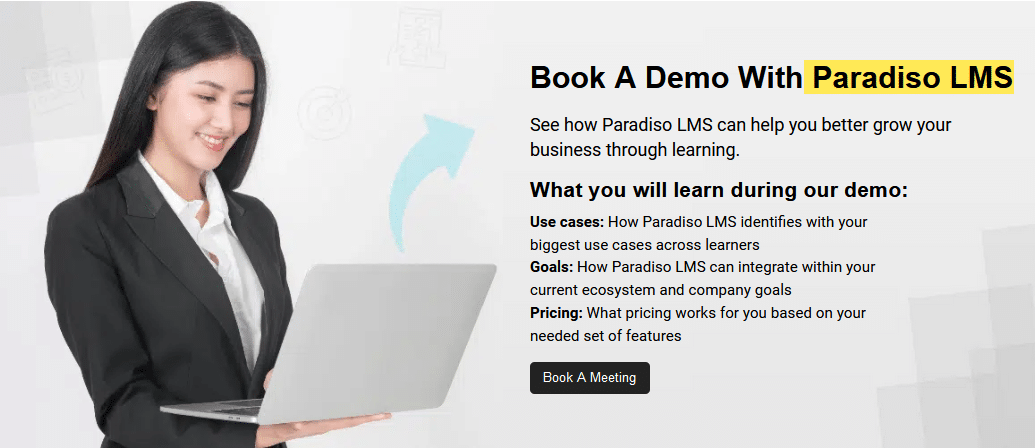Introduction: Embracing Remote Training in Today’s Workforce
The modern workplace has undergone a significant transformation in recent years, with remote work shifting from a niche benefit to a core component of many organizations. According to a 2022 Gartner report, around 80% of companies now support remote or hybrid work arrangements, highlighting a fundamental change in how work is structured and executed. This shift brings numerous advantages, such as increased flexibility, access to a broader talent pool, and cost savings. However, it also introduces unique challenges, particularly in maintaining employee engagement, productivity, and consistent training across scattered teams.
As companies adapt to this new paradigm, effective remote training solutions become essential. Traditional in-person methods often prove insufficient for geographically dispersed employees, emphasizing the need for scalable, flexible, and engaging training platforms. These programs not only expedite onboarding but also promote ongoing professional development, ensuring employees stay equipped with relevant skills and knowledge.
Understanding the Benefits of an LMS for Remote Workforce Training
Learning Management Systems (LMS) have become vital tools in facilitating employee training within remote settings. An LMS consolidates training content, allowing organizations to deliver, monitor, and assess learning activities seamlessly. A 2023 survey by e-Learning Industry reports that 74% of companies using LMS platforms observed improved training efficiency and higher employee satisfaction.
Key features supporting remote training success include:
- Asynchronous learning: Enables employees to access modules at their convenience, accommodating different time zones and schedules.
- Interactive content: Incorporates videos, quizzes, and simulations to boost engagement and help retention.
- Progress tracking and analytics: Offers managers insights into individual and team performance for targeted support.
- Mobile accessibility: Ensures training can be accessed on any device, from anywhere, promoting continuous development.
Key Features to Look for in an LMS for Remote Training Success
Choosing an effective remote training LMS requires considering features that facilitate seamless learning, engagement, and measurable results. As online learning becomes more prevalent, selecting a platform with essential functionalities is crucial.
Device Compatibility and Accessibility
A successful LMS must work smoothly across desktops, laptops, tablets, and smartphones. Responsive design adapts content to various screens, enhancing user experience. Additionally, adherence to accessibility standards, such as WCAG, ensures inclusive participation for learners with disabilities.
Customization Tools for Personalized Learning
Organizations need the ability to tailor content and interface. Features like branding options, customizable dashboards, and modular courses enable learners to engage with relevant material in a consistent, organizationally aligned manner.
Gamification Elements
Integrating badges, points, leaderboards, and rewards transforms learning into an engaging experience. Gamification boosts motivation, satisfaction, and course completion rates, making remote learning more enjoyable.
Advanced Analytics
Comprehensive reporting tools allow tracking of learner progress and engagement levels. Insights enable trainers to identify knowledge gaps, optimize content, and demonstrate training ROI effectively.
🚀 Ready to See Paradiso LMS in Action?
Let’s show you how Paradiso LMS can work for you.
Best Practices for Implementing an LMS in Remote Training Programs
Effective LMS integration into remote training hinges on strategic planning and execution. Here’s a step-by-step guide for success:
Assess Organizational and Learner Needs
Start by evaluating company objectives and understanding your workforce’s profiles. Conduct surveys, interviews, and analyze performance data to identify skill gaps and technological readiness. Clarify training goals—whether compliance, skill development, or soft skills—and tailor content accordingly.
Create Engaging, Interactive Content
Develop multimedia-rich materials that motivate learners. Utilize microlearning modules, scenarios, gamification, and regular content updates to keep learners interested and improve retention.
Encourage Participation and Active Engagement
Promote interaction through discussion forums, live webinars, personalized learning paths, and timely feedback. Building a sense of community fosters accountability and increases participation rates.
Ensure Reliable Technical Support
Choose an intuitive platform and provide comprehensive help resources. Offer accessible technical assistance and conduct regular maintenance to prevent disruptions, ensuring a smooth learning experience.
Spotlight on Paradiso LMS: A Powerful Tool for Remote Workforce Training
Paradiso LMS is a versatile and user-friendly platform designed to meet the needs of modern organizations aiming for effective remote training. It offers mobile compatibility, support for interactive content, and integration with virtual classrooms, ensuring consistent and engaging learning regardless of location.
Leading companies have utilized Paradiso LMS to upskill remote teams, streamline onboarding, and enhance compliance training. Businesses report higher engagement, better knowledge retention, and tangible improvements in performance metrics. Its scalable architecture suits small and medium enterprises, enabling growth without disrupting learning processes.
What sets Paradiso LMS apart is its customization capabilities, extensive integrations, security features, and detailed analytics. These tools allow organizations to craft tailored learning paths, incorporate gamification, and track progress efficiently—driving ongoing business success.
Conclusion: Leveraging LMS for Continuous Remote Workforce Development
In today’s digital age, mastering remote training is vital for organizations seeking to engage and empower their workforce. Implementing effective strategies—such as designing interactive content, fostering learner engagement, and leveraging advanced LMS features—can significantly enhance program success.
Emerging technologies like artificial intelligence, adaptive learning, and virtual environments promise to redefine online training further, making it more personalized and impactful. Organizations that embrace these innovations will maintain a competitive edge, ensuring their teams are equipped for future challenges.
Investing in comprehensive LMS solutions like Paradiso LMS provides the tools for scalable, flexible, and engaging remote learning. Staying ahead in digital education not only supports organizational growth but also builds a resilient, well-trained workforce prepared for the future.














